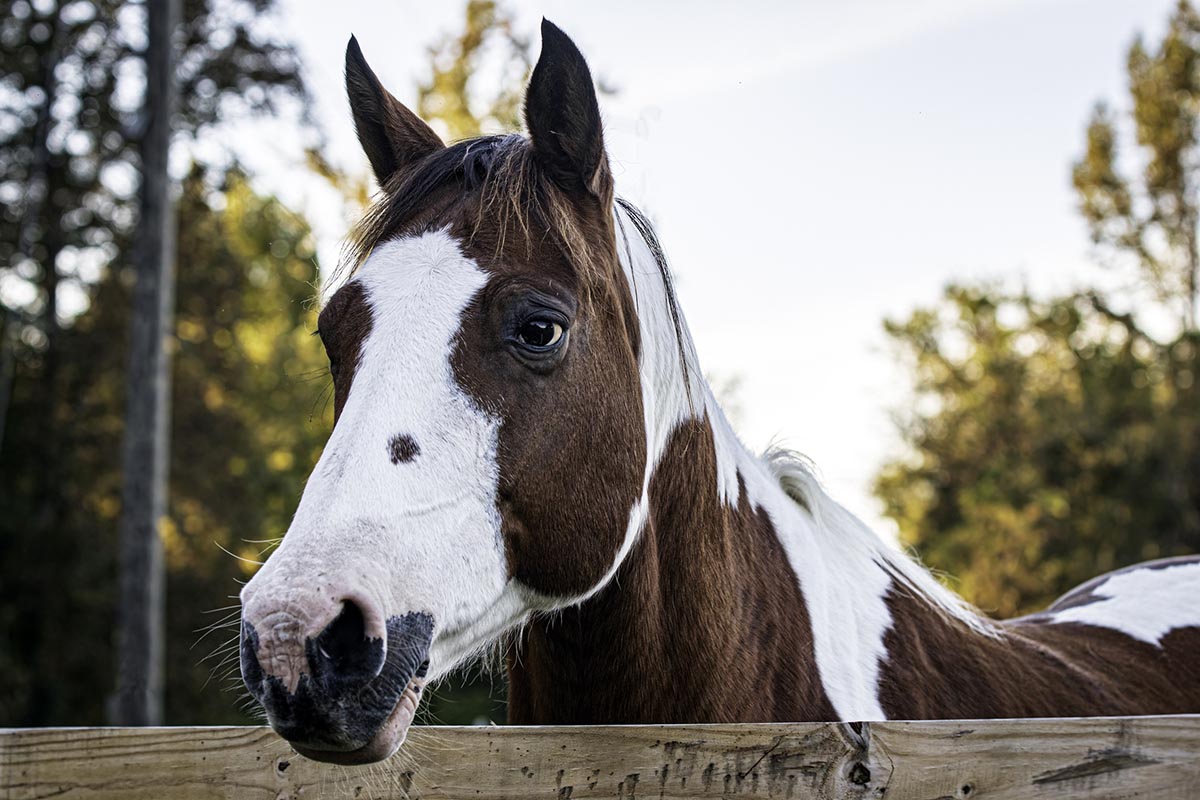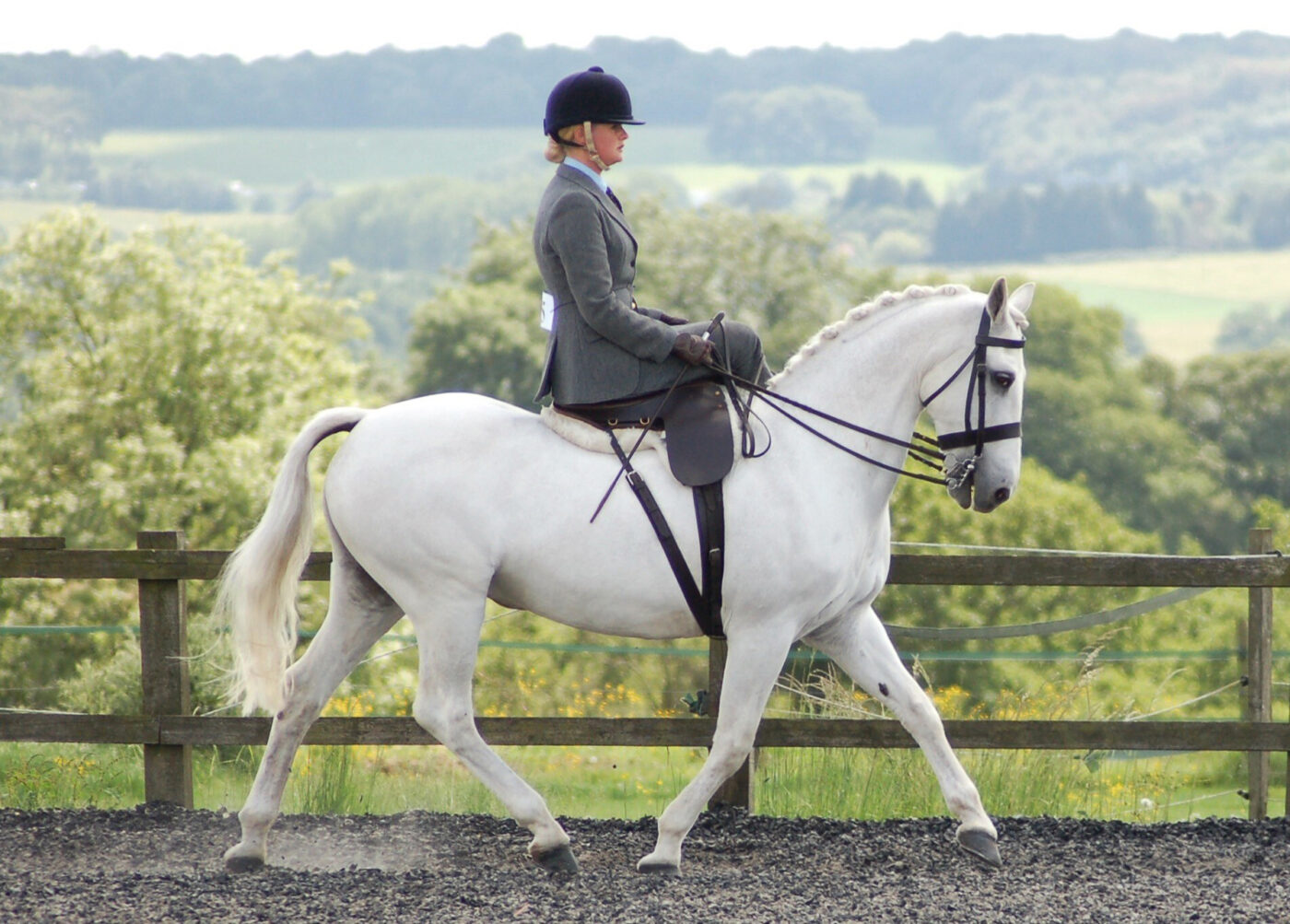Feeding Horses with Age-Related Changes: A Comprehensive Guide

As horses age, their nutritional needs and feeding habits evolve significantly. Understanding these changes is crucial for maintaining their health, vitality, and quality of life. This article explores the key considerations and practical strategies for feeding senior horses effectively.
Understanding Age-Related Changes in Horses
Aging horses often experience physiological changes that impact digestion, metabolism, and nutrient absorption. Common issues include dental wear, decreased digestive efficiency, and altered energy requirements.
| Age-Related Change | Impact on Feeding | Management Strategy |
|---|---|---|
| Dental wear | Difficulty chewing fibrous feeds | Provide softer, easily digestible feeds |
| Reduced digestive efficiency | Less nutrient absorption | Use highly digestible, nutrient-dense feeds |
| Altered metabolism | Changes in energy needs (often lower) | Adjust feed quantity and composition |
Key Nutritional Considerations
- Fiber: Essential for gut health but must be balanced with the horse’s chewing ability.
- Protein: Older horses may require higher quality protein to maintain muscle mass.
- Vitamins and Minerals: Supplementation might be necessary to compensate for reduced absorption.
- Water: Always ensure access to clean, fresh water to support digestion and overall health.
Practical Feeding Strategies
- Feed Form: Use soaked hay cubes, pellets, or complete feeds to ease chewing.
- Meal Frequency: Smaller, more frequent meals can improve digestion and nutrient uptake.
- Monitor Body Condition: Regularly assess weight and adjust feed accordingly to prevent obesity or malnutrition.
Sample Feeding Plan for Senior Horses
| Time | Feed Type | Quantity | Notes |
|---|---|---|---|
| Morning | Soaked hay cubes | 2-3 lbs | Easy to chew and digest |
| Midday | Senior horse pellet feed | 1-2 lbs | Nutrient-dense and balanced |
| Evening | Beet pulp (soaked) | 1-2 lbs | Provides fiber and energy |
Frequently Asked Questions (FAQ)
Q1: How can I tell if my horse is struggling with dental issues?
A1: Signs include dropping food, weight loss, bad breath, and reluctance to eat hay.
Q2: Should I change my horse’s feed as it ages?
A2: Yes, adapting the diet to softer, more digestible feeds helps accommodate dental and digestive changes.
Q3: Can supplements help older horses?
A3: Supplements like joint support, probiotics, and vitamin/mineral blends can be beneficial but should be used under veterinary guidance.
Q4: How important is water intake for senior horses?
A4: Extremely important; dehydration can exacerbate digestive problems and overall health decline.
By tailoring feeding practices to the unique needs of aging horses, owners can support their animals’ health and comfort well into their senior years. Regular veterinary check-ups and attentive management are key to successful aging in horses.
